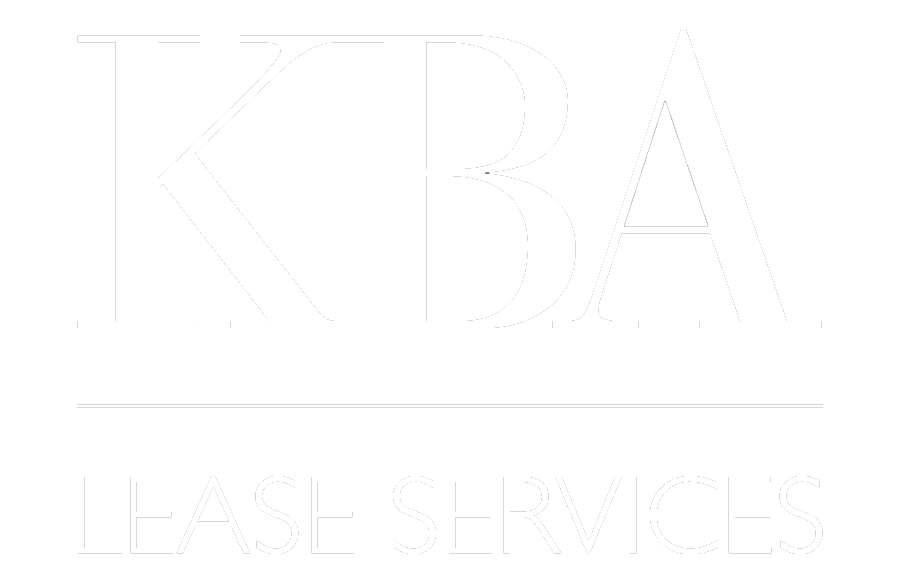How can the timing of my lease audit affect the results?
Most leases require the tenant to bring errors to the landlord’s attention in order to receive rent adjustments. In fact, if the tenant does not do so, it is deemed to accept the bill as rendered and the landlord may keep any overcharges. Therefore, the timing of a lease audit can determine if a landlord is required to correct errors that are found.
To comply with these clauses, the tenant must follow a detailed notification procedure specified in the lease. This procedure includes time restrictions—the tenant often must give its notice within 30-90 days after receipt of the bill—as well as restrictions regarding the content of the notice. There are a number of common variations, many of which are detailed in our Lease Tip, “Audit Deadlines Come in All Forms.”
Be sure to check your leases for these limits, and pay particular attention to what you must do to comply with them.
